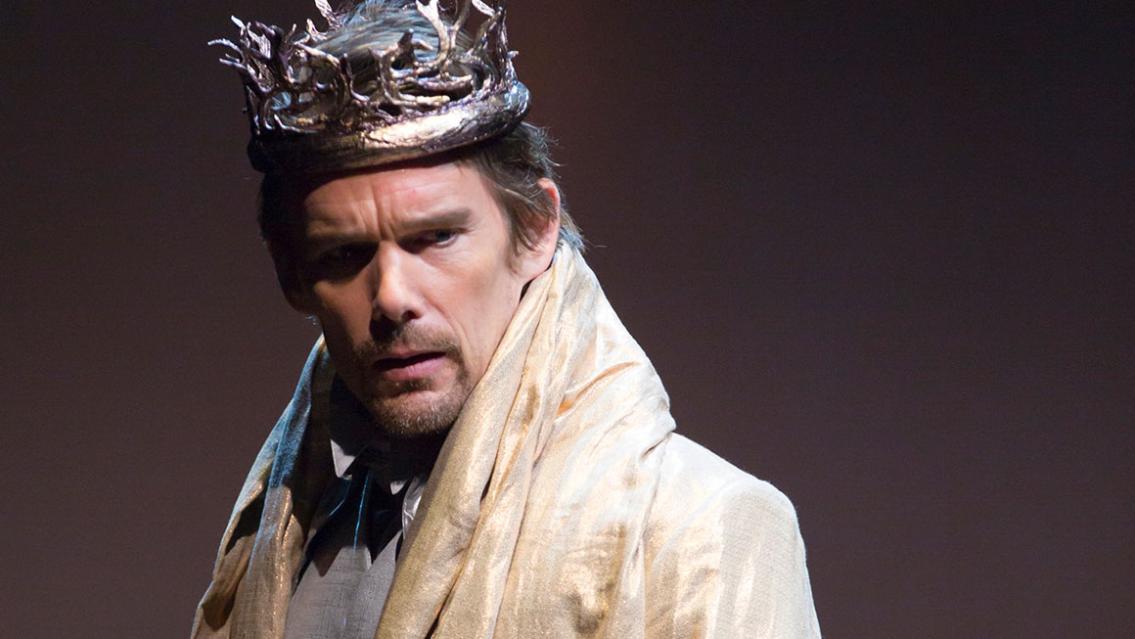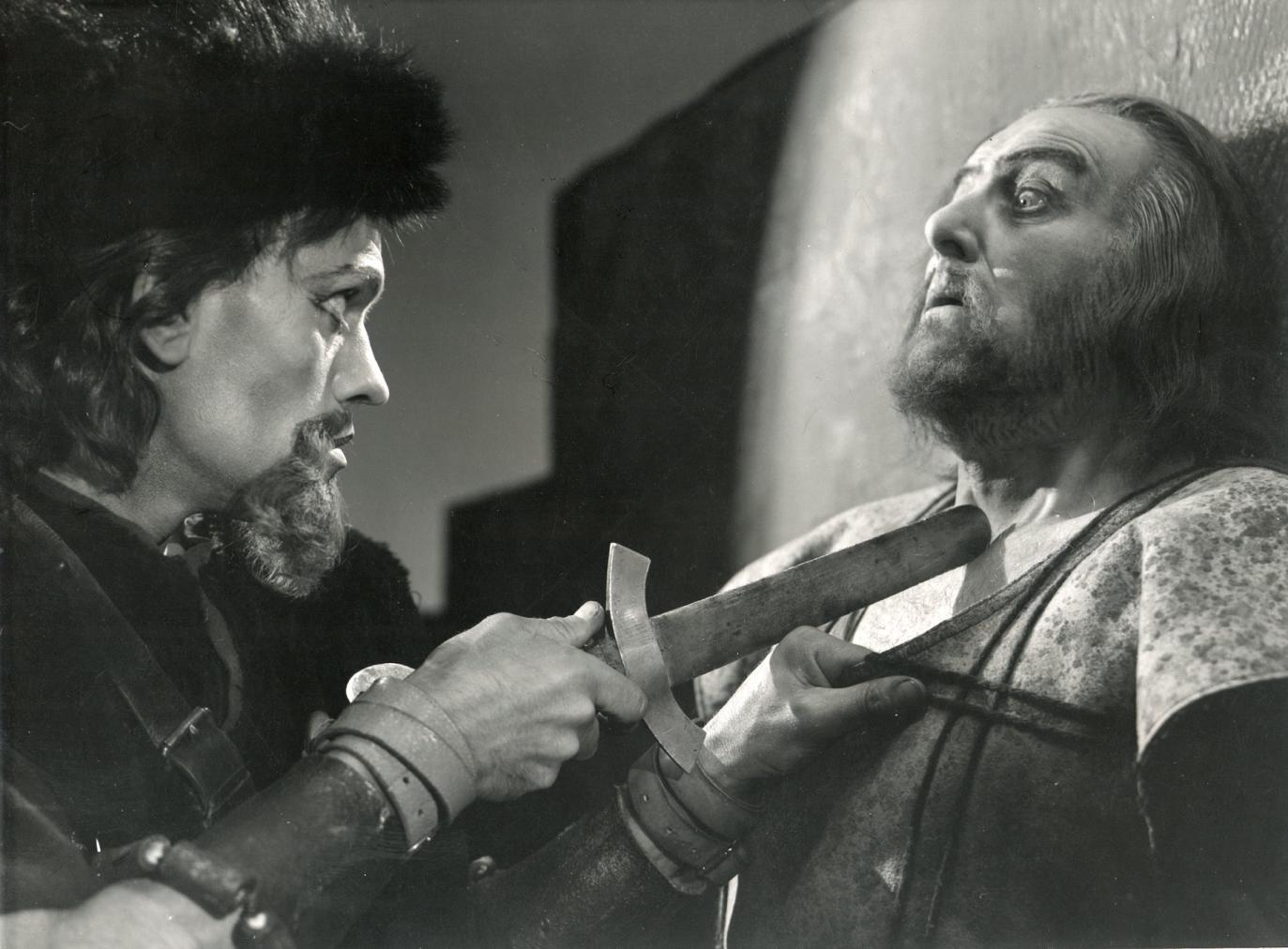What are the Key Themes in Macbeth?
In the realm of literature, few plays have captured the human psyche and the complexities of power, ambition, and morality as profoundly as William Shakespeare's "Macbeth." This tragic masterpiece delves into the depths of human nature, exploring a tapestry of themes that resonate with audiences across time and cultures. This article embarks on a journey to unravel the key themes that permeate "Macbeth," shedding light on their significance and impact on the play's narrative and characters.

I. Theme Of Ambition
At the heart of "Macbeth" lies the theme of ambition, a driving force that propels the protagonist, Macbeth, towards his tragic downfall. Macbeth's burning desire to ascend the throne consumes him, leading him down a path of treachery and violence.
- Macbeth's ambition is fueled by the witches' prophecies, which plant the seeds of desire in his mind.
- Lady Macbeth, Macbeth's ambitious wife, plays a pivotal role in fanning the flames of his ambition, urging him to seize the crown.
- The play explores the moral implications of unchecked ambition, highlighting the corrosive effects it has on Macbeth's character and relationships.
II. Theme Of Power
"Macbeth" delves into the corrupting influence of power, examining how it can transform individuals and their actions. Macbeth's pursuit of power leads him to commit heinous acts, shattering his moral compass and ultimately destroying him.
- The play portrays the intoxicating nature of power, as Macbeth becomes increasingly ruthless and tyrannical in his quest to maintain control.
- Macbeth's desire for power isolates him from his allies and subjects, leaving him vulnerable and paranoid.
- The theme of power is explored through the motif of the crown, which symbolizes both authority and the burden of leadership.
III. Theme Of Guilt And Remorse

The psychological toll of Macbeth's actions weighs heavily on his conscience, leading to intense feelings of guilt and remorse. These emotions manifest themselves in various ways, shaping the characters' mental states and driving their actions.
- Macbeth experiences hallucinations and visions, haunted by the specter of his victims, particularly the ghost of Banquo.
- Lady Macbeth's guilt manifests in sleepwalking and a compulsive need to wash her hands, symbolizing her desire to cleanse herself of her sins.
- The theme of guilt and remorse explores the consequences of one's actions and the struggle for redemption or further downfall.
IV. Theme Of Fate And Free Will
"Macbeth" raises questions about the interplay between fate and free will, examining the extent to which individuals are responsible for their actions or whether they are predetermined by external forces.
- The witches' prophecies play a significant role in shaping Macbeth's destiny, raising questions about whether his actions are a result of his own choices or manipulation by supernatural forces.
- The play explores the tension between individual responsibility and external influences, delving into the complexities of human agency.
- Macbeth's choices and actions ultimately determine his fate, highlighting the consequences of one's decisions.
V. Theme Of Gender And Masculinity

"Macbeth" offers a nuanced portrayal of gender roles and expectations, challenging traditional norms and exploring the relationship between masculinity and violence.
- Lady Macbeth's character subverts traditional gender roles, as she takes on a masculine, assertive role in driving Macbeth's ambition.
- Macbeth's masculinity is closely tied to his violent actions, as he struggles to maintain his power and control.
- The play examines the complexities of gender and masculinity, shedding light on the societal expectations and pressures that shape individuals' behavior.
VI. Conclusion
The key themes explored in "Macbeth" provide a profound insight into the human condition, delving into the depths of ambition, power, guilt, fate, and gender. These themes are intricately woven into the narrative, shaping the characters' actions and destinies. The play's enduring relevance lies in its ability to resonate with audiences across time, reflecting universal human experiences and societal issues. "Macbeth" continues to captivate readers and theatergoers alike, offering a timeless exploration of the human psyche and the complexities of the human experience.
YesNo

Leave a Reply